S&P 500: 1.43% DOW: -0.15% NASDAQ: 4.41% 10-YR: 3.39%

Last Week on WallStreet - March 18th, 2023
What Happened?
The word of the week is volatility once again as major indexes swung full percentage points intraday as investors continue to digest news on the banking headlines and future monetary policy. Yesterday, the financial sector dragged down performance even after large banks provided a lifeline to First Republic Bank, the latest bank to signal stress.
Investors hid out in treasuries and the interest rate-sensitive Nasdaq as yields fell across the curve. Bond volatility this week continued to soar as 2-year yields have swung 20bps a day for the last seven sessions. Investors will have their full attention on the Fed meeting next week for more insight into the path of policy tightening and where the US economy is headed.
Beneath the surface, Energy (-6.9%) was the largest underperformer on fears of a slowdown in the economy while Financials (-5.9%) followed not so far behind. The most resilient sectors were Technology (+5.7%) and Communications (+5.3%) as investors bid up mega-cap names for a safety trade.
Inflation Guage Increases 6% from 1 Year Ago, Up 0.4% in February
- The consumer price index rose 0.4% in February and 6% from a year ago, in line with expectations
- Excluding volatile food and energy prices (Core CPI), we saw a rise of 0.5% in February and 5.5% from a year ago, slightly ahead of expectations
- Shelter costs, which make up 1/3 of the weighting in the index, jumped 0.8%, bringing the annual gain up to 8.1%.
The key takeaway - We are still seeing disinflation in the more recent readings, but the Fed has a long ways to go to tame inflation back to its 2% target. A positive going forward is that shelter costs like rent, which lag in reporting, should start to slow over the middle half of the year. The Fed has recognized the lag and begun to use a measure called "super-core" inflation which is core inflation minus hosing. Using this measure, inflation increased only 3.7% from a year ago. Regardless of the measure used, the Fed will likely remain focused on tackling inflation despite the surrounding worries of the recent banking headlines.
Softer February Retail Sales Were Payback for Strong January
- Retail Sales slipped to a seasonally adjusted 0.4% in February from a month earlier.
- The drop comes after January's outsized jump of 3.2%.
- Auto sales and bar & restaurant receipts pulled the figure lower.
The key takeaway - Although retail sales cooled, the labor market is still strong which supports the argument that Americans have plenty of spending power. Still, inflation is high and the new concerns from the recent banking news might cause a tightening in lending standards, owing to increased headwinds for the future of the labor market.
ECB Raises Rates by 0.5% in the Face of Credit Suisse and Banking Strains
- Wednesday: Credit Suisse's biggest backer, Saudi National Bank, said it wouldn't provide further financial help
- Shares hit all-time low
- CS then borrowed up to $54B from Switzerland's central bank
- Thursday: Shares recovered. JPM said CS's takeover by another lender was the most likely scenario. We will know more over the weekend.
- ECB still raised interest rates by 50bps in the face of worries on Thursday.
- Acknowledged market strains and pledged liquidity support if needed.
The key takeaway -
The crisis over the weekend with regional banks in the US turned global as investor confidence deteriorated rapidly in Credit Suisse. The liquidity line extended calmed fears and bought time for the bank and regulators to find longer-term solutions like a breakup or sale of major parts of the bank.
Although SVB's failure did not lead to Credit Suisse's crisis, it exposed how banks across the globe are under pressure from higher interest rates. Unlike SVB, which held mostly unhedged long-term bond portfolios whose value was decimated by rising interest rates, Credit Suisse said its “volume of duration fixed income securities is not material” relative to its holdings of high-quality liquid assets such as Treasurys and German bunds. The bank said it “is fully hedged for moves in interest rates.”
The ECB’s decision to stick with rate hikes provides an early glimpse into how the Federal Reserve might respond to recent signs of market distress that started with the collapse of two large U.S. banks last week. Even so, investors are betting that the recent bout of market turmoil could be a turning point for central banks, underscoring the risks of their most aggressive fight against inflation in decades. Both the Fed and Bank of England are set to hold their policy meetings next week.

From the Waterloo Watercooler
French President Emmanuel Macron on Thursday resorted to using special constitutional powers to push his plan to raise the retirement age to 64 from 62 through the lower house of parliament.
Cocaine production is at its highest level on record, with demand rebounding post-pandemic and new trafficking hubs emerging.
T-Mobile is buying Mint Mobile, the budget mobile carrier that is partially owned by Ryan Reynolds for up to $1.35 B
NASA has debuted what astronauts will wear on the moon. They are targeting late 2025 at the earliest to land two astronauts on the moon's south pole.



